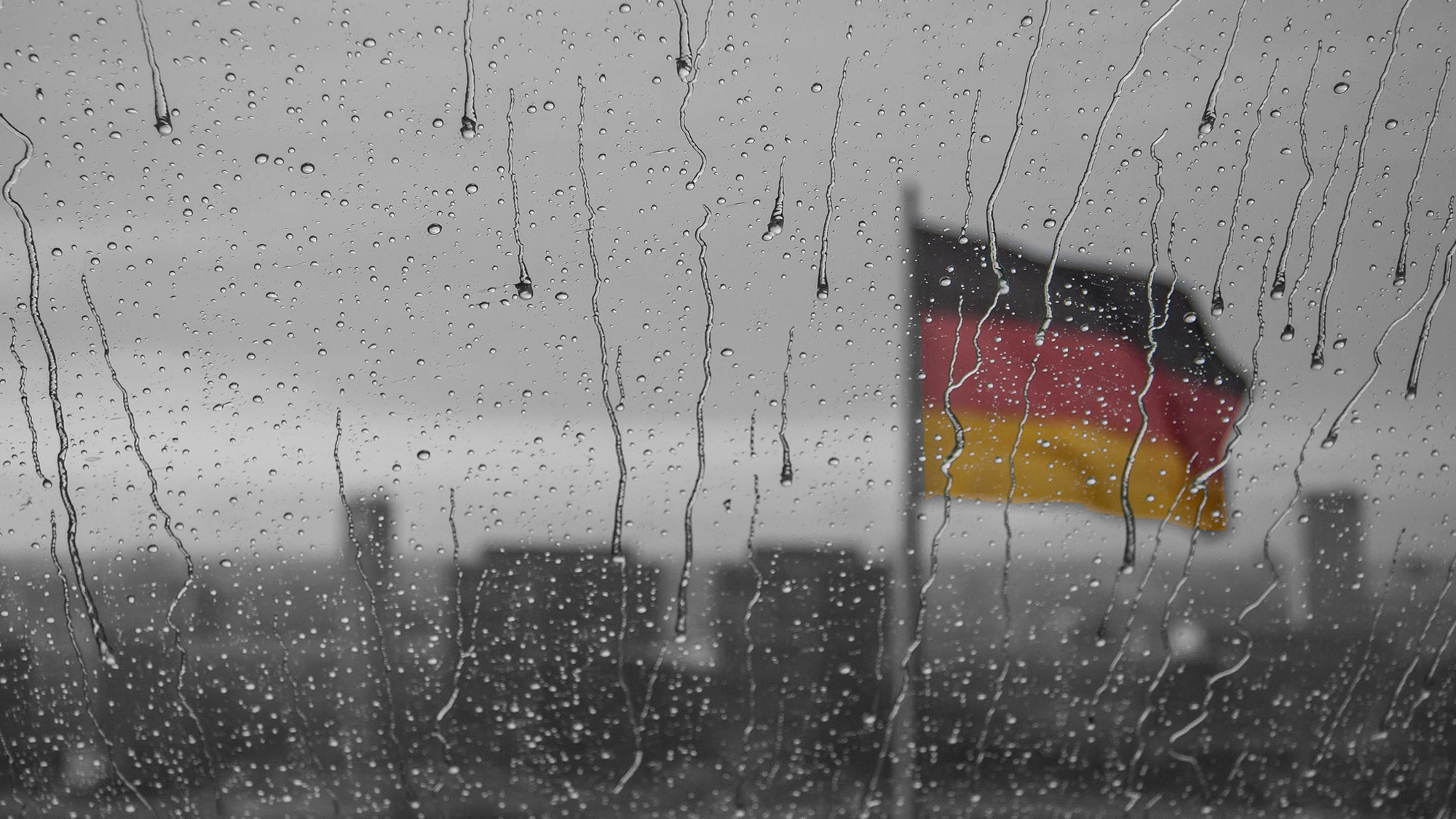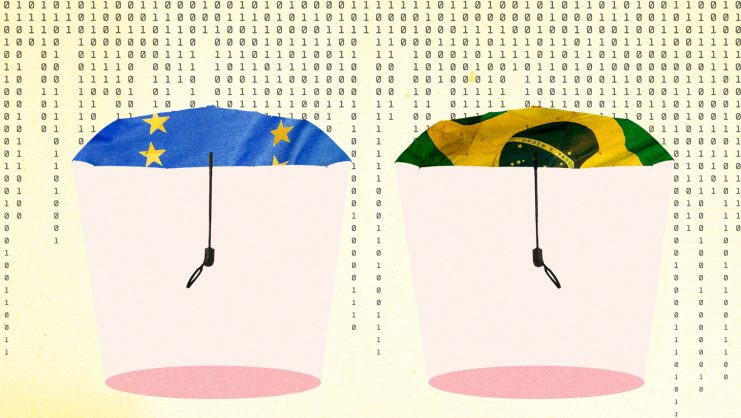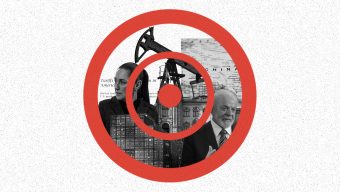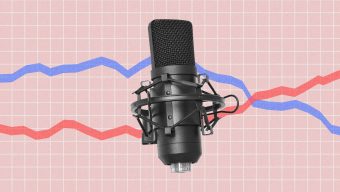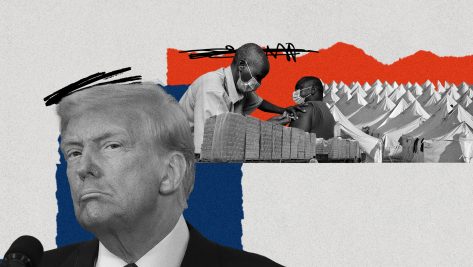Today, Germany is a ship lost at sea. At this point in the year, no economic analyst expects the country’s GDP to grow in 2024. In general terms, Germans are pessimistic, and for good reason. The Purchasing Managers’ Index (PMI) for manufacturing continues to indicate a sharp decline in industrial production. Figures from both Germany and France are well below 50, i.e., the borderline between contraction and growth, which could cause the euro area to stagnate.
Against this worrying backdrop, the social and environmental policies of the German government, made up of a three-party coalition of Social Democrats (SPD), Greens, and Liberals (FDP), are becoming increasingly reckless. They are a continuation of those already initiated in the disastrous, misleading period of Merkel’s grand coalition between social democrats and conservatives, which was so crosscutting that there could be no opposition. Paradoxically, this scenario was portrayed as an oasis of stability and political cohesion.
In reality, however, it has turned out to be a model for goods exports that has proven untenable over time and incompatible with the current geopolitical context. Merkel’s legacy is bleak: Germany’s industrial model is being called into question, and the country is facing the threat of economic and social fracture. What is the current federal government doing about this situation? Very little indeed. Robert Habeck, the Green Party finance minister, is one of the main culprits with his repeated incompetence. One of his gems was “companies do not go bankrupt, they simply stop producing.”
Let’s go back to the 1980s, a nostalgic journey to a decade in which there were only three traditional parties with a realistic chance of governing the country, the SPD, the CDU, and the Liberals.
In one of his speeches, the legendary Bavarian CSU leader Franz Josef Strauss metaphorically forecast that Germany could be led to disaster by a colourful fools’ ship named Utopia captained by a red prince and a green prince – an ironic premonition of the future behavior of the Social Democrats and Greens in the current coalition. Thirty years later, unfortunately, this prediction has come true.
A ticking time bomb: social, defense, and infrastructure spending.
The social spending policies of the Social Democrats and Greens is pure electioneering and a nod to an unconditional attachment to power, at odds with the interests of the average German citizen. It has led to an increase in the minimum basic income in 2024, among other absurdities. For many, this is a clear invitation to consider not having an official job and supplementing this subsidy with a position in the informal economy. It explicitly helps those who receive social benefits to the detriment of those who are legally employed. The restraint that the Liberals, the minority partner in the current government, have tried to impose through budgetary control at the Ministry of Finance, has been completely insufficient.
The Greens, however, have a different priority. Their obsession is to enforce the absurd law on cannabis use. Under this law, officers will have to count how many cannabis plants each person has, given that an adult will be allowed to grow a maximum of three plants per household for their own “personal use.” Ultimately, the police would be charged with monitoring possible plantations and wasting time measuring the distance from homes or plantations to schools, kindergartens, and youth facilities, which have a 200-meter exclusion zone around them. This task would require thousands of additional officers. This is the Greens’ idea of public efficiency.
Germany is currently grappling with a ticking time bomb with the following:
- Huge increases in social spending.
- An influx of immigrants, who are unlikely to find employment in the German labor market.
- A new national defense budget aimed at overhauling a totally obsolete army.
- Extremely high costs to transition to a green economy, which cannot be achieved in the context of low growth.
- An urgent need to renew infrastructures, which were largely neglected in the decade of the grand coalition, to ensure industry remains competitive.
The only way to pay for this spending would be through an additional public borrowing program. However, the Constitutional Court’s ruling of November 15 2023 prohibited debt increases if they were used for current expenditure items. Therefore, it is impossible to raise the debt ceiling for this type of outlay, as some left-wing economists are already calling for.
It is clear that there are political reasons behind Germany’s increasing growth gap with its European neighbors.
Since the current coalition came to power, its rating on the economic policy uncertainty index has tripled. Political distrust is rife and is having a major impact on the country’s economy with business and consumer confidence plummeting. The high electricity prices that have prevailed since the start of the Ukrainian war have also contributed to the lack of growth. According to numerous analysts, the only way to save the economy from sliding into a depression is by lowering interest rates.
The need to end the three-party coalition.
The current dire scenario, marked by a crisis between the Greens and the Liberals, has become untenable. We are talking about three years of one fiasco after another, coupled with a glaring inability to redress the situation, which is getting worse and worse.
Chancellor Olaf Scholz’s authority is increasingly weak. His popularity ratings are at an all-time low. His performance is questioned at every turn, not only in economic terms, but also in essential strategic decisions, such as Germany’s contribution to the defense of Ukraine.
His allies’ loyalty is waning by the day. In fact, the Liberals have even considered breaking away from the coalition. Pressure on the Chancellor is mounting as reflected in the current polls and in the consolidation of the right-wing Alternative for Germany (AfD) party as the country’s second political force after the Christian Democrats (CDU).
It would probably be wise for Scholz to break up the existing coalition and propose a new one with the conservative CDU and the Liberals. The best idea would be to do it this autumn, after the predictable collapse of the Greens, Liberals, and Social Democrats in the elections in the three eastern Länder of Saxony, Brandenburg, and Thuringia.
CSU leader Franz Joseph Strauss’ prediction seems to be coming true: the Social Democrats and the Green Party look like they could be wrecking Germany.
This article originally ran in Spanish in Expansión.
© IE Insights.



